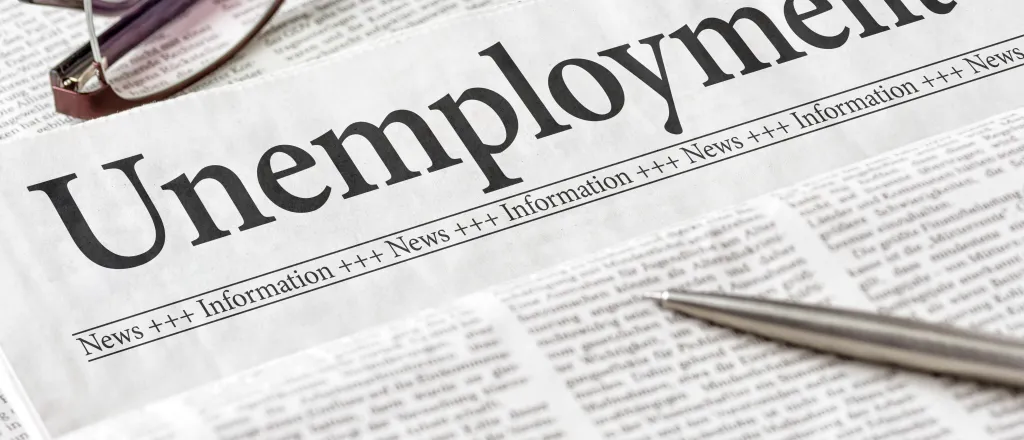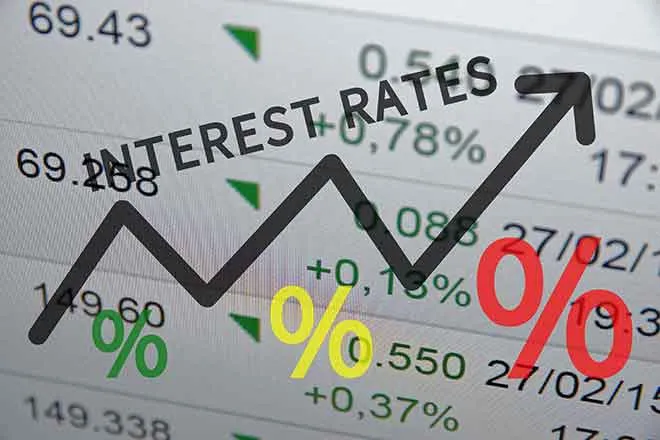
Colorado unemployment drops slightly, higher than national
In July, unemployment in Colorado dropped slightly, while still holding its spot as the 10th highest nationally.
After sitting for months at 4.8 percent, the highest it had been since September 2021, the jobless rate decreased slightly in both June and July.
In July, the state’s unemployment rate dropped 0.2 percent to 4.5 percent.
This is according to data from the U.S. Bureau of Labor Statistics.

© iStock - Fokusiert
Currently the state’s unemployment rate remains higher than the national average of 4.2 percent, which is unusual for Colorado.
The number of unemployed individuals decreased by 7,200 to 148,100 from June to July, according to a reportfrom the Colorado Department of Labor and Employment.
That number has been consistently decreasing over the past few months, dropping by just 100 in May and 3,400 in June.
The report wasn’t all good news, though. In July, Colorado’s labor force decreased by 2,700 to 3.28 million.
This means that the share of Coloradans participating in the labor force was 67.6 percent, or 0.1 percent lower than June’s. Still, Colorado’s labor force remains 5 percent higher than the national average of 62.2 percent.
July also bucked recent trends of government jobs outpacing private sector jobs in the state. From June to July, private sector payroll jobs increased by 2,900, while the government gained just 800 jobs.
Construction, trade, transportation and utilities saw the most job growth, while hospitality and educational and health services experienced the biggest losses.

Still, in the past year the government saw the majority of the job growth. Since July 2024, the private sector has increased by 5,500 jobs, while the government added 10,900 jobs. In that time, Colorado’s rate of job growth was 0.6 percent, below the U.S. rate of 1 percent.
Many conservative pundits on social media are expressing concern about these trends in Colorado.
“Colorado isn’t creating jobs. Colorado is creating unemployment,” has become the rallying cry for many.
Mike O’Donnell is a Colorado-based small business advocate and nonprofit executive who recently wrote an op-ed on the topic for The Rocky Mountain Voice.
He highlighted data that showed the number of unemployed Coloradans increased by 60.8 percent between January 2023 and June 2025. That ranked Colorado with the second-highest percentage increase in the nation and almost three times faster than the national average.
“Here in Colorado, the gross mismanagement of the economy — combined with the regulatory burden now faced by businesses both big and small in the sixth most business-regulated state in the nation, according to the Colorado Chamber of Commerce — is a big reason Colorado is doing so much worse economically than almost every other state,” O’Donnell wrote.
On the flip side, Democrats are blaming Trump administration policies such as tariffs for the economic downturn in the state, even warning of a coming recession.
“Once again, President Trump is playing chicken with America’s economy, and the American people are the ones suffering,” said Polis. “This means higher costs on food, clothing, electronics and so much more. Essentially, placing a tax on Americans and everyday goods hurts our economy and creates uncertainty that is devastating investments and job growth in our country.”

















